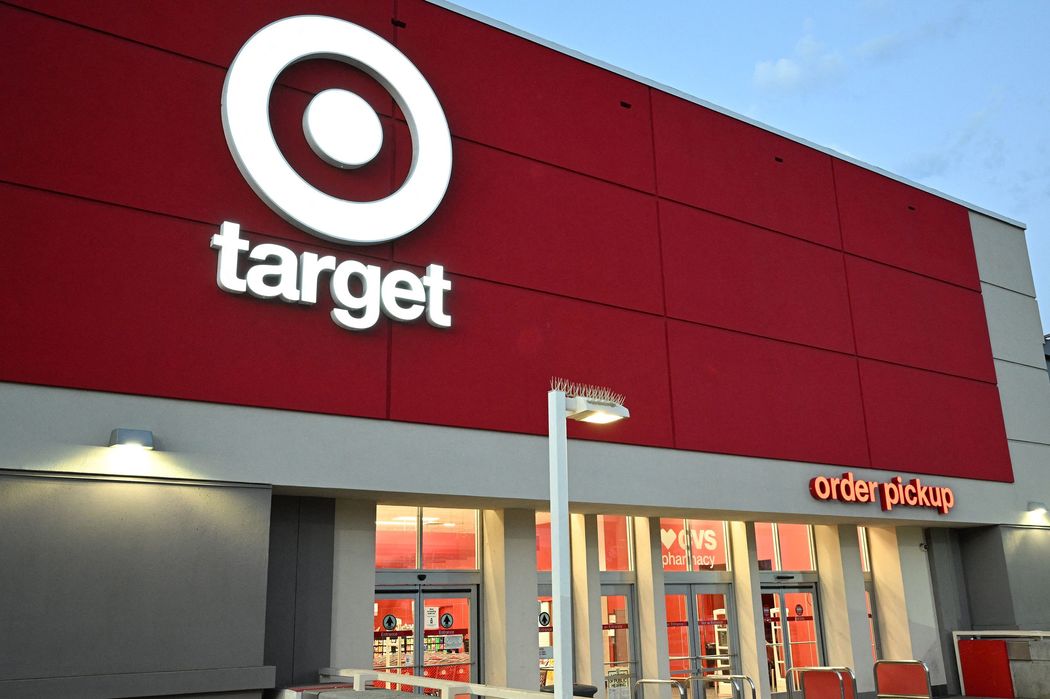Target revealed on Tuesday its decision to close nine stores on October 21st, citing concerns that “theft and organized retail crime” pose a safety risk to our employees and customers.
The big box retailer is shutting down stores located in prominent urban centers spanning four states. The closures encompass various locations, such as a Harlem store in New York City, two stores in Seattle, three outlets within the San Francisco/Oakland area, and three stores in Portland, Oregon.
In 2022, retail crime resulted in losses amounting to $112.1 billion, as indicated by a report from the National Retail Federation released on Tuesday. Organized retail crime, characterized by groups of thieves descending upon stores to pilfer items for resale online, has grown progressively audacious and has inflicted substantial financial losses upon companies.
Target stated that it cannot sustain operations in the nine stores across four states because they are “contributing to unsustainable business performance.”
The major retail chain is among a wave of retailers, both large and small, grappling with the challenge of curbing in-store crimes that have had a detrimental impact on their financial performance. As a response, many have opted to shutter stores or implement alterations in their product offerings and store layouts.
However, critics argue that stores have not furnished sufficient evidence to substantiate their assertions, and there is at least one retailer who has contended that the problem of theft has been overstated.
The degree to which crime is becoming notably more severe remains uncertain. Nevertheless, with mounting economic concerns amid inflation and increasing borrowing costs, shoplifting is frequently viewed as an accompanying issue, according to industry observers.
Target is closing several stores but has not clarified whether these stores were underperforming or meeting revenue targets. They didn’t provide data on theft at these locations but did mention implementing additional security measures before the closures. Affected employees will have the option to transfer to other Target stores. Target had previously projected a $500 million loss this year due to increasing theft concerns.
In recent times, retailers have become more outspoken about what they perceive as a growing surge in crime, encompassing both acts of violence and theft.
Lauren Hobart, the CEO of Dick’s Sporting Goods, stated in August that theft has become “an increasingly serious issue impacting many retailers,” and it significantly contributed to the company’s second-quarter earnings falling below anticipated levels. CVS and Walgreens, along with other retailers, have reported that theft has negatively impacted their financial performance.
Nordstrom and Whole Foods decided to shutter stores in San Francisco, while during its quarterly earnings call, Dollar Tree even considered the possibility of discontinuing the sale of specific products in certain stores.
Target is taking measures to enhance security and combat retail theft in response to the recent store closures. They are making significant investments in safety for their remaining stores, both in affected markets and nationwide. This includes increased security measures, collaboration with the US Department of Homeland Security, and bolstering their cybersecurity defenses. They are also actively tracking and addressing organized crime activity. Additionally, Target is advocating for legislation to prevent retail crime.
The National Retail Federation (NRF) noted that retailers are increasingly concerned about the rising danger and violence associated with store crimes, leading some to close stores in particularly vulnerable areas. These store closures have affected communities that relied on them, and Target has a history of supporting these communities through donations and initiatives.
A contributing factor that law enforcement identifies as fueling organized retail crime in recent times is the impact of new criminal justice reform laws and district attorney policies aimed at reducing mass incarceration. These changes mean that individuals caught engaging in grand theft, which includes shoplifting, cannot be incarcerated or required to post bail, regardless of how many times they are apprehended for the same offense, according to current legislation.
Target has encountered challenges beyond theft, including bomb threats and swatting incidents following its participation in Pride Month. Some retailers are implementing alternative strategies to combat theft. For instance, Giant Food is removing national label products from certain sections and implementing receipt checks, while Dollar Tree is adopting a defensive approach by locking up more items and discontinuing some. Walgreens in downtown Chicago has introduced an anti-theft store with limited product access and digital ordering for most items.
(Source: Kelly Tyko | Nathan Bomey | Axios | Jacklyn Peiser | Washington Post | Ramishah Maruf | Parija Kavalanz | Cheri Mossburg | CNN)









